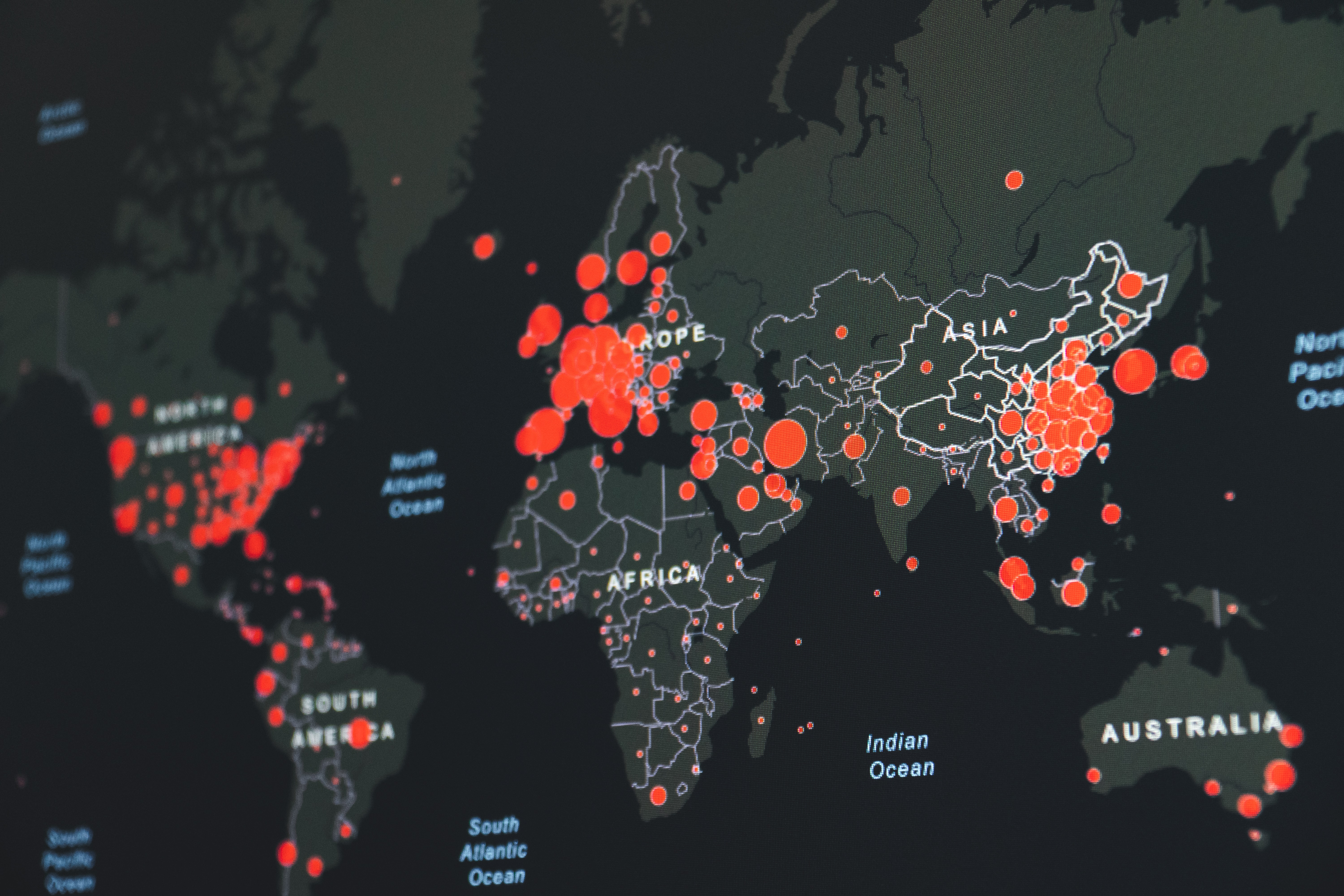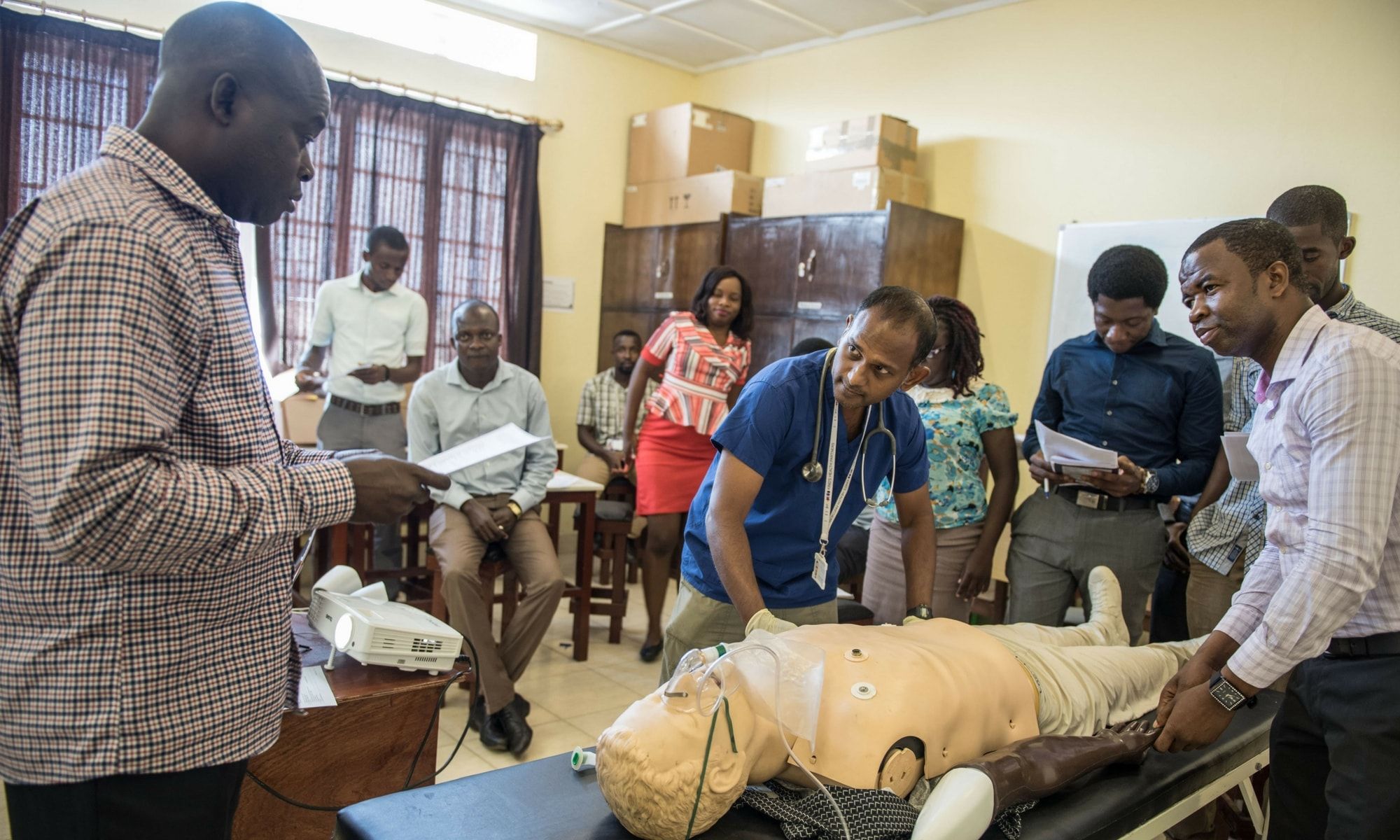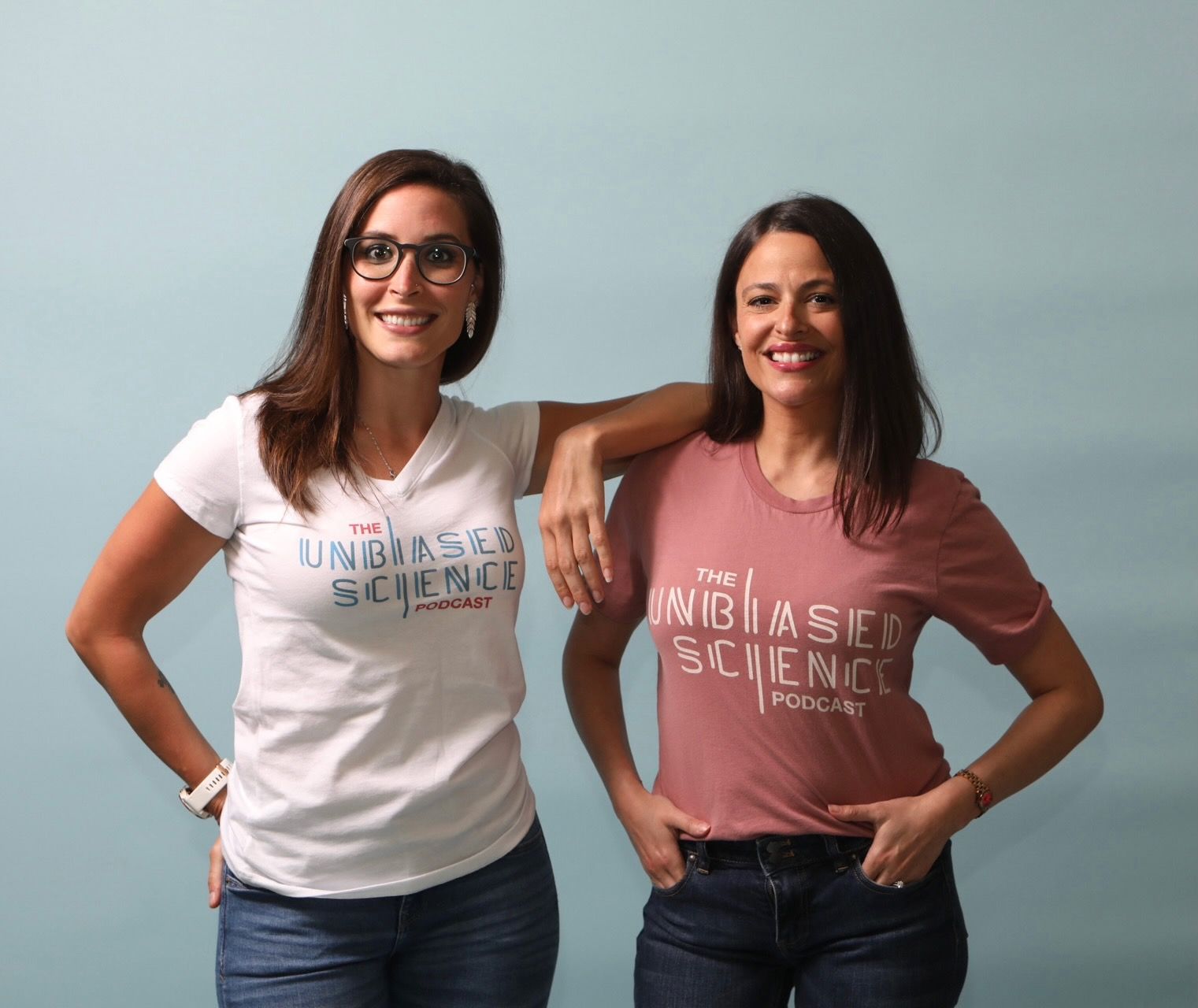
In public health, we think a lot about doing good. But it can be difficult to arrive at a universal definition of what that really means. One approach we can use is the greatest happiness principle, or better known as utilitarianism.

Before I bid farewell to these four fruitful and eventful years, I would like to commemorate all that university has gifted me - in all its highs and lows. Here's an emotional snapshot into the past four years of my life at uni.

My tips and tricks for getting started with a systematic and rigorous literature review process: the scoping review method.

A literature review on the current state of how pandemimc vaccine equity is governed at the global level.

A paper that assembles the case for enhanced global governance of vaccination hesitancy and vaccine procurement.

I speak with the CEO of Southeast Asia's precision gut microbiome company on the need for a systems level approach in solving healthcare's biggest problems.

I speak with the executive director of NGO Maluk Timor on why we need engineers, accountants, and administrators without borders instead.

I reflect on going through my lowest of lows and highest of highs.

Forgetting our most important memories is akin to losing our sense of self. What if we could outsource our memory functions the moment neurodegenerative diseases strike?

Get up close and personal with the phenomenal women behind The Unbiased Science Podcast: Your trusted source for no nonsense— just science.

Reflections with a neurosurgeon on his best practices, attaining mastery, establishing trust with patients, grappling with death and more.
What is lead time bias, why is it important, how do you avoid it and how it differs from length time bias.










